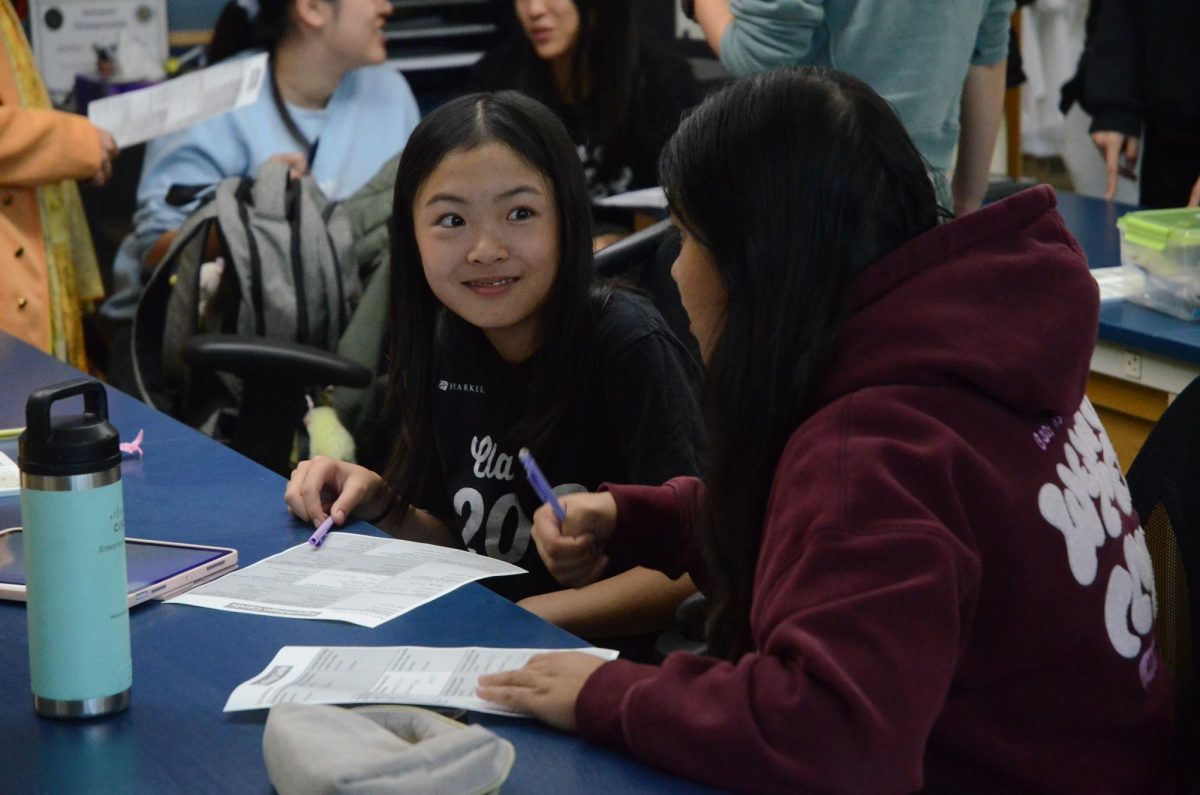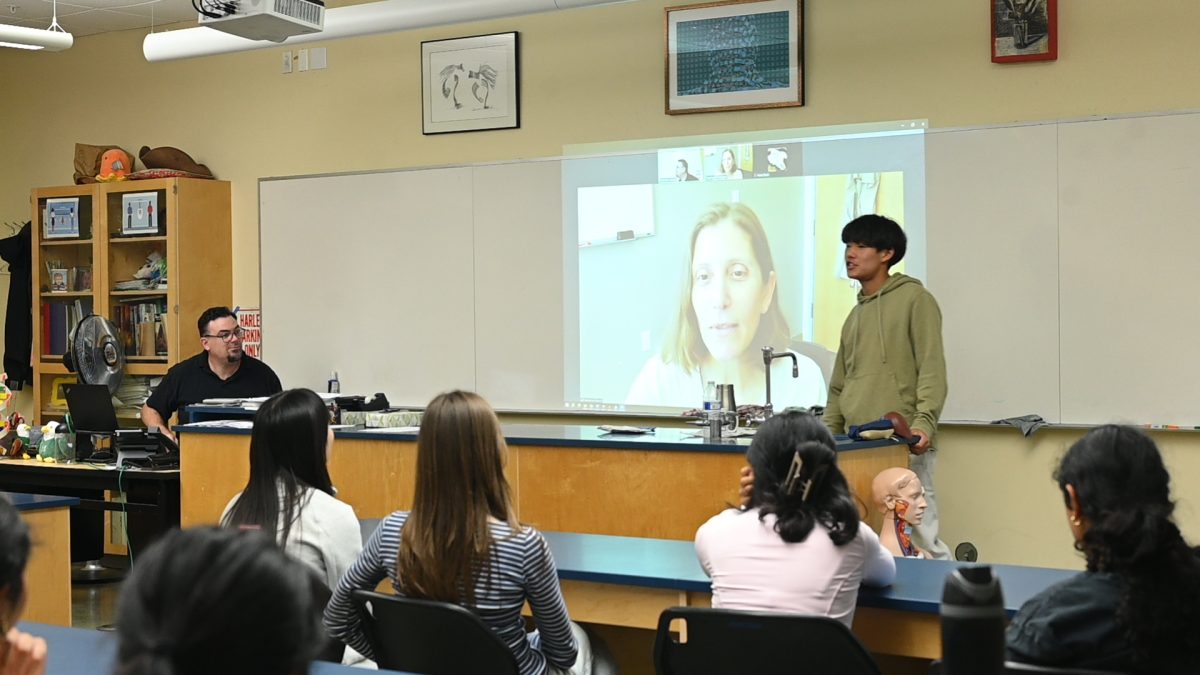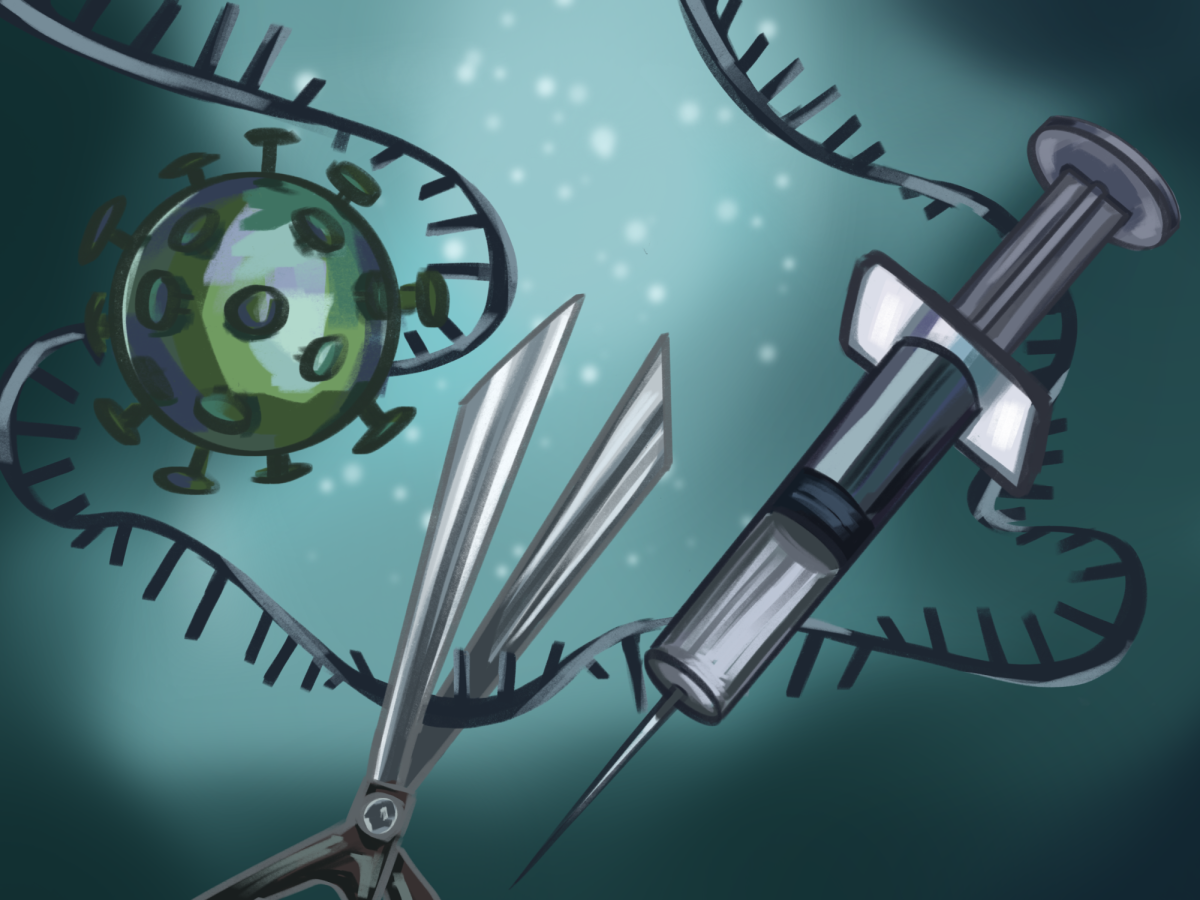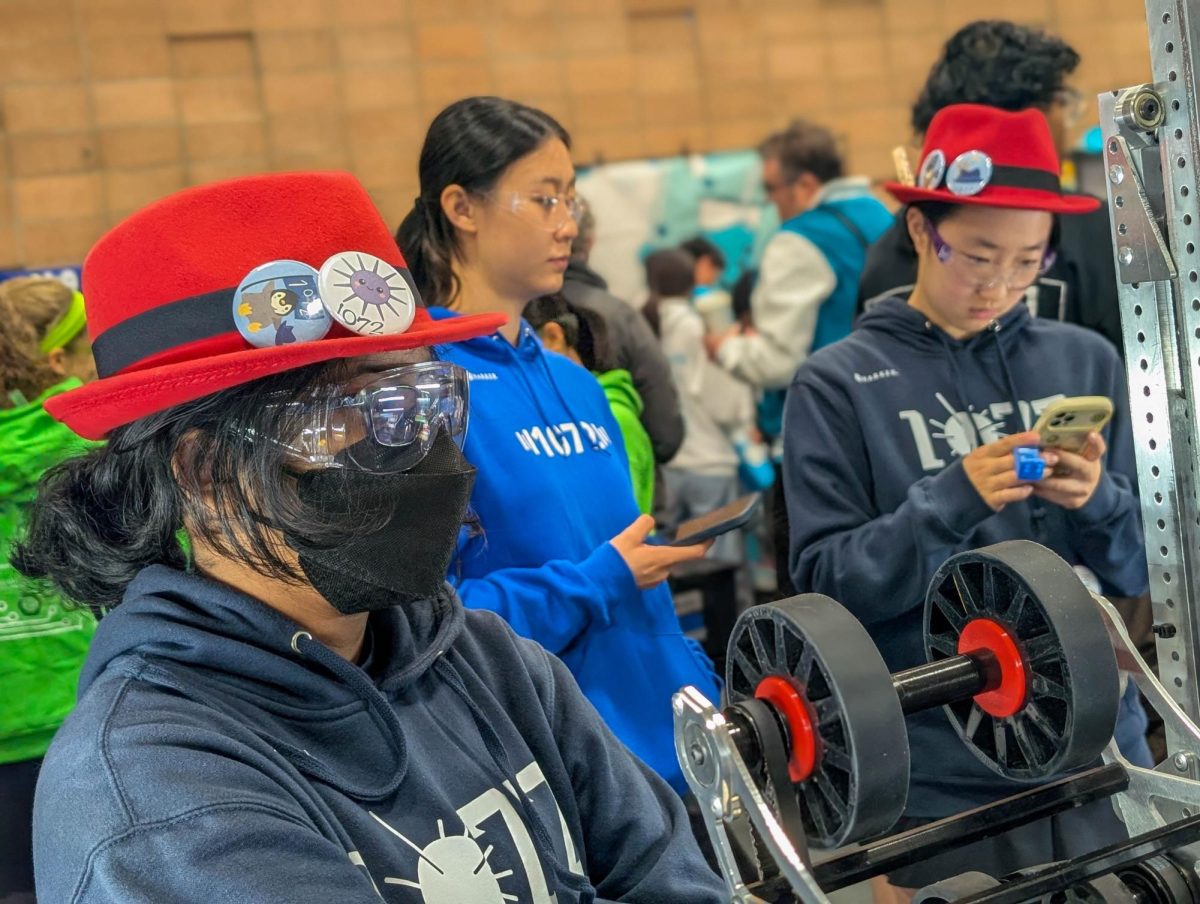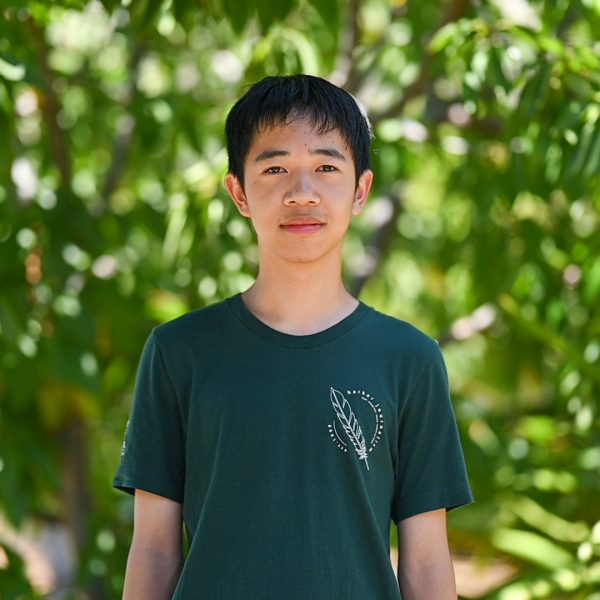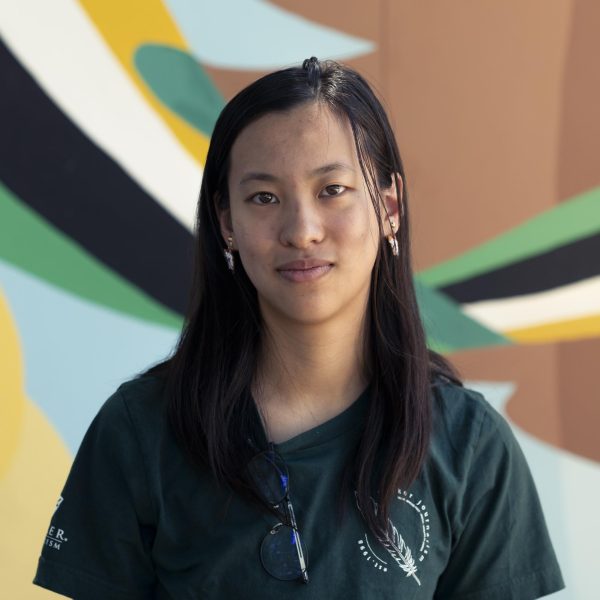From our computers and phones to roads and bridges, we are constantly reminded of the incredible accomplishments that scientific innovation allows. Yet we often take many pieces of technology we use for granted. As important as popular STEM fields like computer science may be, some of the fields with the largest impact on our daily lives are ones that we either do not realize or do not appreciate enough. With that said, here we list our top five most underrated STEM subjects.

5. Atmospheric science
Every time we pull out our phones to check the weather app or tune in to the local news for the day’s forecast, we’re taking advantage of various breakthroughs made in atmospheric science. Meteorology, a branch of this science, employs advanced digital simulations along with satellite and radar technology to anticipate weather. Other subdisciplines like climatology focus on analyzing atmospheric patterns over extended periods, which enables the identification of the human activities that lead to global warming. Understanding atmospheric science is crucial for preparing for extreme weather events like hurricanes and heat waves and curbing the devastating impacts these phenomena have on communities. Unfortunately, we don’t always appreciate how much computation and data collection goes into making these forecasts possible.
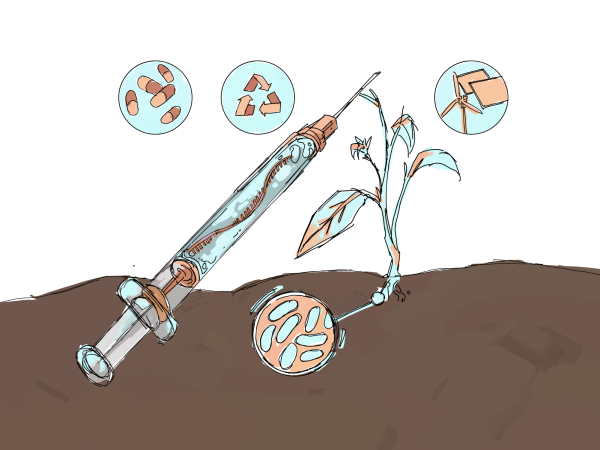
4. Synthetic biology
Producing life-saving drugs, sustainable materials and clean energy with artificially designed living organisms seems like something out of science fiction. However, synthetic biology is making this a reality through the manipulation of microorganisms to address global challenges. Synthetic biology is the root of significant environmental advancements, as engineered bacteria can act as fertilizers, reducing the need for pollutive industrial alternatives. Other innovations like mRNA vaccines, which provide a more efficient, flexible means of detecting and combating diseases, are impacting healthcare, further demonstrating the potential of synthetic biology. This developing field is capable of offering solutions that reshape how we approach health and the environment in the future.

3. Geoengineering
Third on the podium is geoengineering, also known as climate engineering. Geoengineering is a field of science that aims to develop large-scale technologies to reverse the effects of climate change. Decades ago, much of the scientific community considered geoengineering taboo due to its potentially harmful effects. Recently, however, as temperatures and sea levels experience a dramatic rise, some have proposed utilizing devices like sun shields in space and microscopic reflective particles in the sky to stop global warming. Currently, the most advanced climate engineering tool in widespread use is carbon capture, or extracting and compressing carbon dioxide from the air and storing it underground. Further development of the technology is necessary to scale it and make a large impact on net emissions.
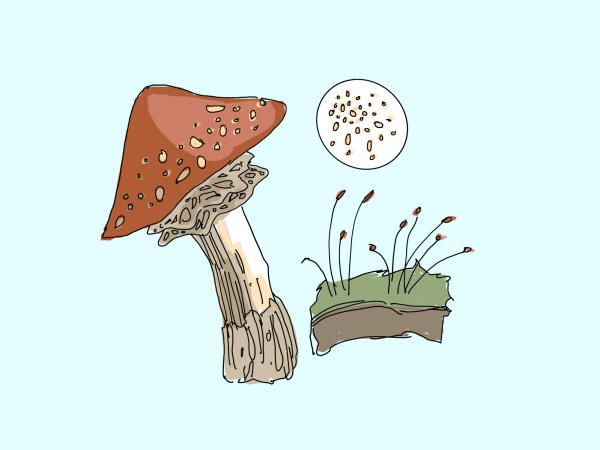
2. Mycology
When we hear the word “mushrooms,” we immediately think of the delicious fleshy stems that we sauté on the stove — but there’s more to mushrooms than just the ones we eat. Humans can only eat 4 to 5% of all mushroom species, and yet there’s as many as 5.1 million different types of fungi. The field of mycology studies these fungi and uses them in applications including antibiotic drugs, breads and textiles. The usage of fungi also helps with increasing nutrient uptake in plants by forming symbiotic relationships under the surface. Fungi also assist in creating biofuels and biodegradable materials, as they are key to a sustainable future.

1. Nanoscience
Mayonnaise, sunscreen and clothes are all useful products we appreciate but whose inner workings we do not tend to think much about. They all exist because of nanoscience, the most underrated STEM subject on our list and the study of materials at one one-thousandth the size of bacteria. Through nanotechnology, scientists mix small grains with sunscreen to allow for the absorption of more ultraviolet light and give it its distinct white color. Nanoparticles also improve flavor and pack more nutrients into foods by changing the release of molecules during consumption. In the future, nanoscience may play an important role in other revolutionary technologies from tiny sensors and self-healing materials to climate crisis solutions.


















![“[Building nerf blasters] became this outlet of creativity for me that hasn't been matched by anything else. The process [of] making a build complete to your desire is such a painstakingly difficult process, but I've had to learn from [the skills needed from] soldering to proper painting. There's so many different options for everything, if you think about it, it exists. The best part is [that] if it doesn't exist, you can build it yourself," Ishaan Parate said.](https://harkeraquila.com/wp-content/uploads/2022/08/DSC_8149-900x604.jpg)




![“When I came into high school, I was ready to be a follower. But DECA was a game changer for me. It helped me overcome my fear of public speaking, and it's played such a major role in who I've become today. To be able to successfully lead a chapter of 150 students, an officer team and be one of the upperclassmen I once really admired is something I'm [really] proud of,” Anvitha Tummala ('21) said.](https://harkeraquila.com/wp-content/uploads/2021/07/Screen-Shot-2021-07-25-at-9.50.05-AM-900x594.png)







![“I think getting up in the morning and having a sense of purpose [is exciting]. I think without a certain amount of drive, life is kind of obsolete and mundane, and I think having that every single day is what makes each day unique and kind of makes life exciting,” Neymika Jain (12) said.](https://harkeraquila.com/wp-content/uploads/2017/06/Screen-Shot-2017-06-03-at-4.54.16-PM.png)








![“My slogan is ‘slow feet, don’t eat, and I’m hungry.’ You need to run fast to get where you are–you aren't going to get those championships if you aren't fast,” Angel Cervantes (12) said. “I want to do well in school on my tests and in track and win championships for my team. I live by that, [and] I can do that anywhere: in the classroom or on the field.”](https://harkeraquila.com/wp-content/uploads/2018/06/DSC5146-900x601.jpg)
![“[Volleyball has] taught me how to fall correctly, and another thing it taught is that you don’t have to be the best at something to be good at it. If you just hit the ball in a smart way, then it still scores points and you’re good at it. You could be a background player and still make a much bigger impact on the team than you would think,” Anya Gert (’20) said.](https://harkeraquila.com/wp-content/uploads/2020/06/AnnaGert_JinTuan_HoHPhotoEdited-600x900.jpeg)

![“I'm not nearly there yet, but [my confidence has] definitely been getting better since I was pretty shy and timid coming into Harker my freshman year. I know that there's a lot of people that are really confident in what they do, and I really admire them. Everyone's so driven and that has really pushed me to kind of try to find my own place in high school and be more confident,” Alyssa Huang (’20) said.](https://harkeraquila.com/wp-content/uploads/2020/06/AlyssaHuang_EmilyChen_HoHPhoto-900x749.jpeg)




